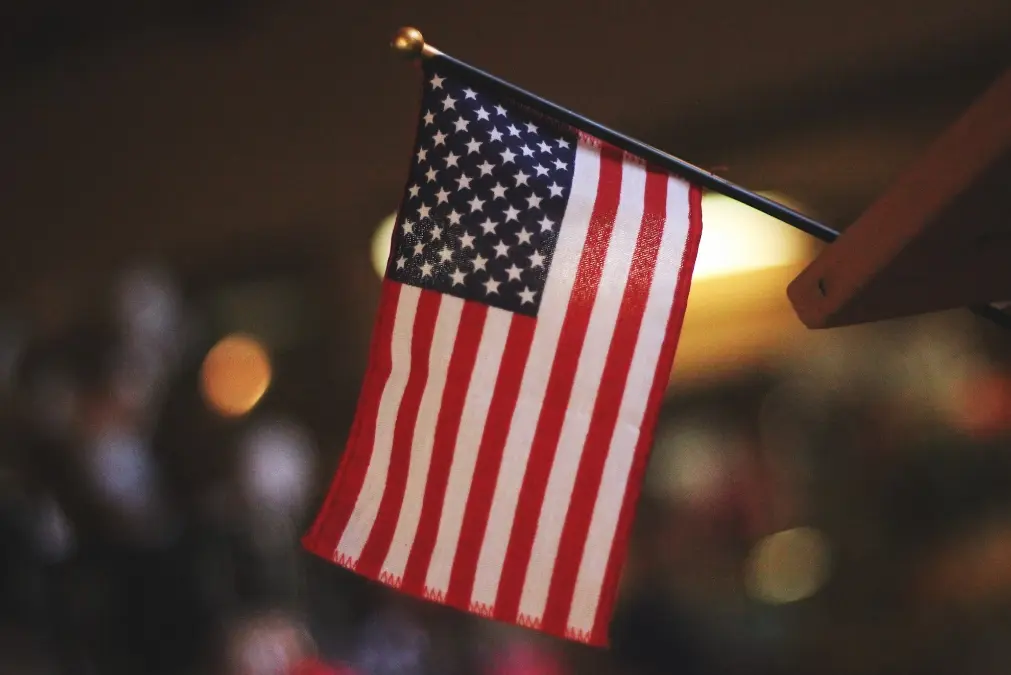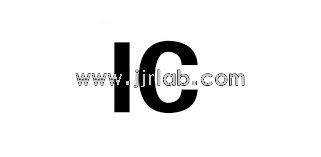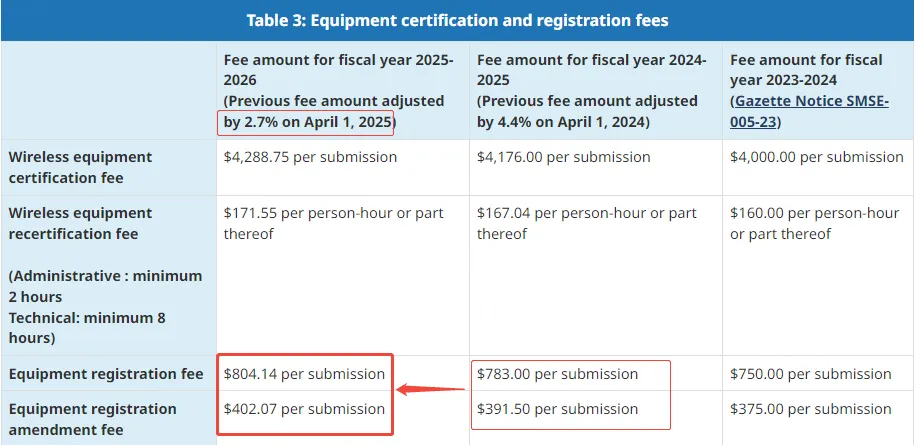
How to get a German LFGB Test Report?
What is LFGB Certification?
lfgb certification refers to the German legal regULation for the safety of food and daily necessities. LFGB stands for the "Food, Tobacco Products, Cosmetics and Other Commodities Management Act." It is the fundamental legal document governing food hygiene in Germany and serves as the guideline and core for formulating other specific food hygiene laws and regulations. This law replaced the previous Food and Daily Necessities Act (LMBG) in September 2005. In recent years, it has also been amended to align with European standards. Therefore, products that pass LFGB certification testing can be sold not only in Germany but also in the EU market.

Why Is the German LFGB Standard Recognized Across the EU?
Although LFGB is a German standard, it is highly recognized throughout Europe. Even though the EU has its own regulation on food contact materials, in practice, many EU customers place more trust in Germany’s LFGB certification. Most clients prefer an LFGB Test Report over a generic EU food-grade test report. Therefore, if your product falls within the scope of food-grade testing and is intended for export to the EU, LFGB certification is a better choice.
Scope of LFGB-Certified Products
In short, any product intended to come into contact with food and imported into Germany or the EU must undergo LFGB testing. The range of products coveRED is extensive. Below are common categories (not an exhaustive list):
Tableware:
Plates, dishes, cups, bowls, disposable tableware, lunch boxes, spoons, forks, knives, ladles, bottles, tea sets, coffee sets, wine sets, etc. (materials include ceraMIC, melamine, plastic, rubber, glass, wood, paper).
Kitchenware:
Juicers, egg beaters, egg cookers, electric kettles, spoons, soy milk machines, bottle openers, spatulas, cutting boards, kitchen knives and scissors, fruit knives, graters, mixers, spatulas, etc.
Cookware and Stoves:
Electric stoves, pressure cookers, soup pots, bread makers, steamers, hot pots, frying pans, and other cooking appliances.
Small Kitchen Appliances:
Microwaves, rice cookers, household water purifiers, electric kettles and cups, toasters, ovens, grills, water dispensers, and more.
Insulated Containers:
Thermos bottles, hot water flasks, thermal barrels, insulated cups, thermal pots, etc.
LFGB Certification Process:
1. The applicant fills out a test application form.
2. Based on the form, standards are evaluated and a quote is provided.
3. The applicant confirms the quote and contract, and makes payment.
4. Send samples for testing.
5. Tests are conducted based on the received samples.
6. Upon passing, a qualified LFGB test report is issued.
LFGB Certification Lead Time:
The testing period may vary depending on the product, but the general certification time is 5 to 7 working days.
Email:hello@jjrlab.com
Write your message here and send it to us
 How Does a Product Get an Energy Star Label
How Does a Product Get an Energy Star Label
 Is ROHS part of UL the same
Is ROHS part of UL the same
 What is Protection Class EN 60529?
What is Protection Class EN 60529?
 IP69 Certified Protection
IP69 Certified Protection
 California Energy Commission Testing Lab
California Energy Commission Testing Lab
 What Does the Canadian IC Mark Mean?
What Does the Canadian IC Mark Mean?
 How Much is the Canada IC ID Certification cost?
How Much is the Canada IC ID Certification cost?
 How Much is the Canada IC ID Certification Fee?
How Much is the Canada IC ID Certification Fee?
Leave us a message
24-hour online customer service at any time to respond, so that you worry!




